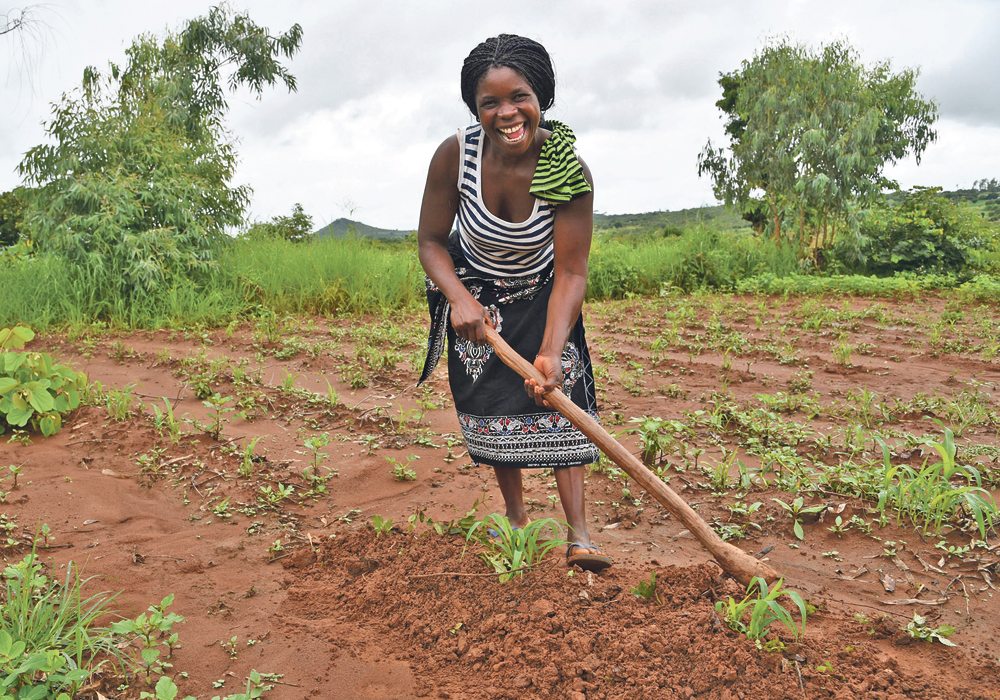DBN disburses N191.7bn in 2020 to SMEs
Development Bank of Nigeria (DBN) Plc, has disbursed N191.7bn to small- and medium-scale enterprises in 2020, representing 89 percent increase on the N101.5bn it disbursed in 2019. The DBN noted that this growth is in line with its core mandate of facilitating sustainable socio-economic development by improving financial access for MSMEs in Nigeria. DBN disburses […]

Development Bank of Nigeria (DBN) Plc, has disbursed N191.7bn to small- and medium-scale enterprises in 2020, representing 89 percent increase on the N101.5bn it disbursed in 2019.
The DBN noted that this growth is in line with its core mandate of facilitating sustainable socio-economic development by improving financial access for MSMEs in Nigeria.
- DBN disburses N191.7bn in 2020 to SMEs
- FG signs agreement with resident doctors to avert nationwide strike
The bank also recorded a growth of 4 percent in total assets from N474.7 billion in 2019 to N493.5 billion in 2020, while outstanding loans increased by 110 percent from N101.9bn in 2019 to close at N214.0bn in 2020.
The report also showed that the mix of earnings assets tilted further in favour of loans rather than investments as the Bank continues to ramp up lending to small businesses in Nigeria which are the engine of growth of the economy.
Income from loans also grew significantly by 60% year-on-year from N6.6bn in 2019 to N10.5bn in 2020; return on assets and return on equity stood at 4% and 11% respectively for the year ended December 31, 2020. Several cost containment strategies were deployed by the Bank resulting in a 12% decrease in operating expense year on year.
The Bank’s earnings remained strong at N34.6bn in spite of the harsh global realities brought about by the COVID-19 pandemic as well as other macroeconomic challenges encountered during the year.
While giving a scorecard on the Bank’s activities and contribution to the Nigerian economy, the Managing Director/Chief Executive Officer, Tony Okpanachi said the Bank worked through its Participating Financial Institutions (PFIs) to facilitate increased lending to MSMEs, thereby accelerating economic growth.
Okpanachi expressed optimism in the Bank’s capacity to weather the effects of the global pandemic and other challenges thus: “We appreciate the full cooperation of our board, management, staff, and other stakeholders as we were able to operate within strict health and safety guidelines, while increasing our reach to our target market. By onboarding more Participating Financial Institutions, we were able to deepen financial inclusion for more MSMEs whose businesses were adversely affected by the pandemic, thereby injecting a new lease of life and providing the right environment for their sustained growth.”
He added, “We will continue to focus on our core mandate of driving developmental impact”.
